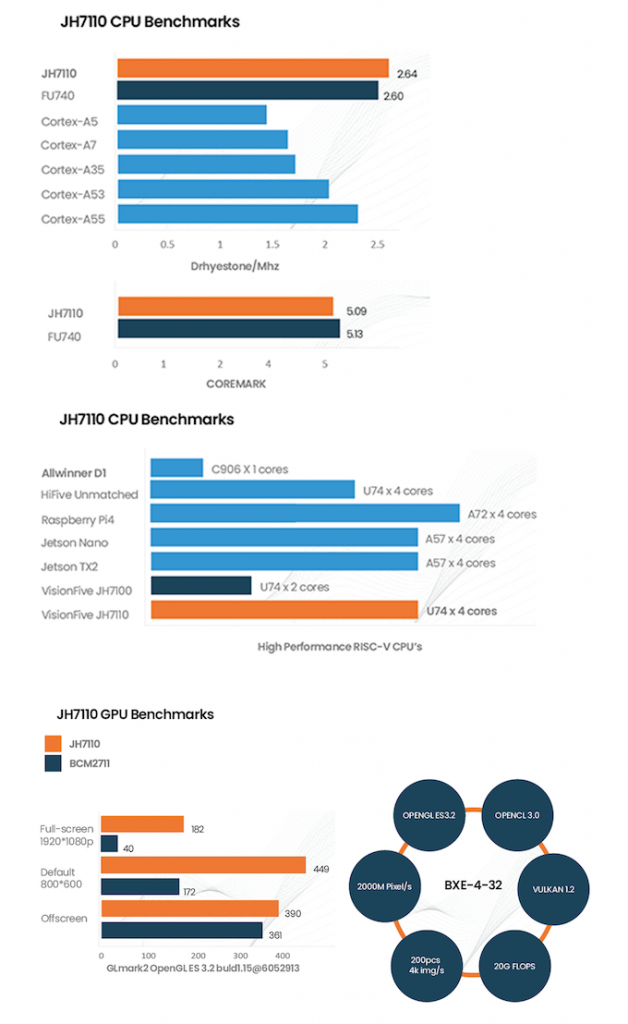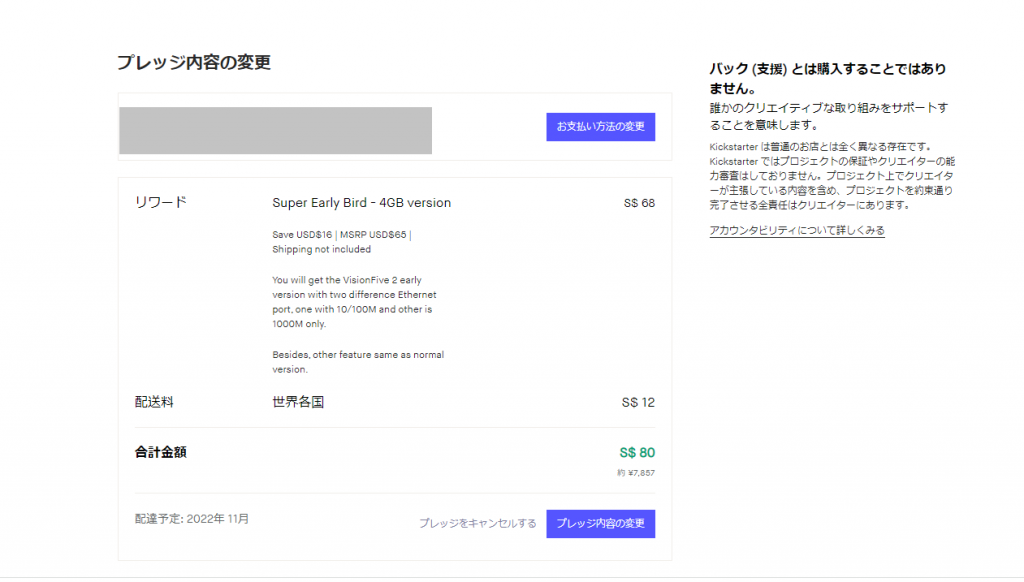閉鎖環境で機器初期セットアップを行う際に、アラートメールの送信先を指定する必要があったりする。
その時に、メール送信テストが行えるような簡易的なLinuxサーバを作るためのメモ書きです。
なお、メールの送信先は「root@adosakana.local」としておいて、Linuxユーザのroot宛にメールが届くような設定です。
メールを読むときは /var/mail/root に届くのを直接見るか、mail/mailx/muttコマンドなどで見る想定です。
(1) AlmaLinux / RHEL / Oracle Linux 8の最小インストールを実施
(2) アップデート
「dnf update -y」でパッケージを最新に
(3) SMTPで使用するポート開け
「firewall-cmd –add-service smtp –permanent」で追加
# firewall-cmd --list-all
public (active)
target: default
icmp-block-inversion: no
interfaces: ens192
sources:
services: cockpit dhcpv6-client ssh
ports:
protocols:
forward: no
masquerade: no
forward-ports:
source-ports:
icmp-blocks:
rich rules:
# firewall-cmd --add-service smtp --permanent
success
# firewall-cmd --reload
success
# firewall-cmd --list-all
public (active)
target: default
icmp-block-inversion: no
interfaces: ens192
sources:
services: cockpit dhcpv6-client smtp ssh
ports:
protocols:
forward: no
masquerade: no
forward-ports:
source-ports:
icmp-blocks:
rich rules:
#
(4) postfixのインストール
「dnf install postfix」でpostfixをインストール
(5) postfixの設定ファイルを編集
まず、テストに使うメールアドレスのドメイン名を「mydomain=~」で定義(myhostname 定義はそのまま使った)
# The mydomain parameter specifies the local internet domain name.
# The default is to use $myhostname minus the first component.
# $mydomain is used as a default value for many other configuration
# parameters.
#
#mydomain = domain.tld
mydomain = adosakana.local
メール送信者にドメイン名指定がない場合に、mydomainで設定した内容を適用するために「myorigin = $mydomain」
# SENDING MAIL
#
# The myorigin parameter specifies the domain that locally-posted
# mail appears to come from. The default is to append $myhostname,
# which is fine for small sites. If you run a domain with multiple
# machines, you should (1) change this to $mydomain and (2) set up
# a domain-wide alias database that aliases each user to
# user@that.users.mailhost.
#
# For the sake of consistency between sender and recipient addresses,
# myorigin also specifies the default domain name that is appended
# to recipient addresses that have no @domain part.
#
#myorigin = $myhostname
myorigin = $mydomain
どのNICからきたSMTP要求でも受付させるための「inet_interfaces = all」を定義
# RECEIVING MAIL
# The inet_interfaces parameter specifies the network interface
# addresses that this mail system receives mail on. By default,
# the software claims all active interfaces on the machine. The
# parameter also controls delivery of mail to user@[ip.address].
#
# See also the proxy_interfaces parameter, for network addresses that
# are forwarded to us via a proxy or network address translator.
#
# Note: you need to stop/start Postfix when this parameter changes.
#
inet_interfaces = all
#inet_interfaces = $myhostname
#inet_interfaces = $myhostname, localhost
#inet_interfaces = localhost
受信するメールを決めるために「mydestination =~」を指定。とりあえず全部受け取るような感じの設定にする
# Specify a list of host or domain names, /file/name or type:table
# patterns, separated by commas and/or whitespace. A /file/name
# pattern is replaced by its contents; a type:table is matched when
# a name matches a lookup key (the right-hand side is ignored).
# Continue long lines by starting the next line with whitespace.
#
# See also below, section "REJECTING MAIL FOR UNKNOWN LOCAL USERS".
#
#mydestination = $myhostname, localhost.$mydomain, localhost
mydestination = $myhostname, localhost.$mydomain, localhost, $mydomain
#mydestination = $myhostname, localhost.$mydomain, localhost, $mydomain,
# mail.$mydomain, www.$mydomain, ftp.$mydomain
メール送信側のSSLプロトコル対応が古い場合を考慮して「smtpd_tls_security_level=none」と暗号化の要求レベルをなしにしておく
# Announce STARTTLS support to remote SMTP clients, but do not require that
# clients use TLS encryption (opportunistic TLS inbound).
#
#smtpd_tls_security_level = may
smtpd_tls_security_level = none
なお、「lost connection after STARTTLS from unknown」という形でSMTP接続を拒否される場合は、おそらく標準値の「smtpd_tls_security_level = may」で設定している場合。(TLS1.2以降を必須、とかそんな感じ)
(6) postfixを起動
「systemctl enable postfix」でOS起動時にpostfixも起動するように設定し、
「systemctl start postfix」でいますぐpostfixを起動させている
# systemctl status postfix
● postfix.service - Postfix Mail Transport Agent
Loaded: loaded (/usr/lib/systemd/system/postfix.service; disabled; vendor pr>
Active: inactive (dead)
# systemctl enable postfix
Created symlink /etc/systemd/system/multi-user.target.wants/postfix.service → /usr/lib/systemd/system/postfix.service.
# systemctl status postfix
● postfix.service - Postfix Mail Transport Agent
Loaded: loaded (/usr/lib/systemd/system/postfix.service; enabled; vendor pre>
Active: inactive (dead)
# systemctl start postfix
#
おまけ: mutt コマンドでメールを送信しようとしたけど、送れない
とあるプロダクトのアラートメールの送信手法がmuttコマンドを利用していた。
「smtpd_tls_security_level = may」設定のpostfixにメールを送ると「lost connection after STARTTLS from unknown」で送れていなかった。
postfix側ではなく、mutt側で対策取れるかを確認したところ /etc/Muttrc.local などの muttの設定ファイル内で「set ssl_starttls = no」と設定して、STARTTLSの使用を取りやめることでメール送信に成功するようになった。
RHEL8.5サーバから mutt コマンドでメール送信する場合、SSL関連の設定を調べると以下の様なものがある
set ssl_verify_host = no
set ssl_verify_dates = no
set ssl_starttls = yes
set ssl_use_tlsv1_3 = yes
set ssl_use_tlsv1_2 = yes
set ssl_use_tlsv1_1 = yes
set ssl_use_tlsv1 = no
set ssl_use_sslv3 = no
set ssl_use_sslv2 = no
ただ、RHEL8.5で試してみたところ「ssl_use_sslv2」というオプションは存在していなかった。
# echo "test mail" | mutt -F ~/testmuttrc -s "test mail title" 受信者 -d 10
レベル 10 でデバッグ中。
/root/testmuttrc 中の 14 行目でエラー: ssl_use_sslv2 は不明な変数
source: /root/testmuttrc 中でエラー
#
また、opensslコマンドのs_clientでSSLv2 SSLv3の接続ができるかを試験してみたところ、オプション自体が廃止されていた。
# openssl s_client -connect 172.17.44.50:25 -servername 172.17.44.50 -ssl3
s_client: Option unknown option -ssl3
s_client: Use -help for summary.
# openssl s_client -connect 172.17.44.50:25 -servername 172.17.44.50 -ssl2
s_client: Option unknown option -ssl2
s_client: Use -help for summary.
#









